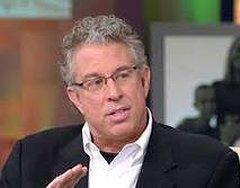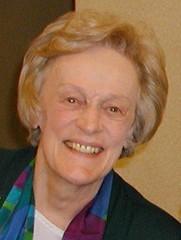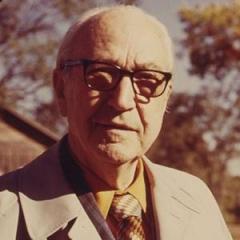Carl Jung Quotes - Page 4

The descent into the depths always seems to precede the ascent.
Carl Gustav Jung (1981). “The Archetypes and the Collective Unconscious”, p.19, Princeton University Press
Carl Gustav Jung (2001). “Modern Man in Search of a Soul”, p.240, Psychology Press
Carl Gustav Jung, Meredith Sabini (2002). “The Earth Has a Soul: The Nature Writings of C.G. Jung”, p.4, North Atlantic Books
Carl Gustav Jung, Meredith Sabini (2002). “The Earth Has a Soul: The Nature Writings of C.G. Jung”, p.2, North Atlantic Books
Carl Gustav Jung, Meredith Sabini (2002). “The Earth Has a Soul: The Nature Writings of C.G. Jung”, p.79, North Atlantic Books
Quoted in the Observer, 19 Jul 1975.
If one does not understand a person, one tends to regard him as a fool.
Carl Gustav Jung, Herbert Read, Gerhard Adler (1970). “Mysterium coniunctionis”
Every psychic advance of man arises from the suffering of the soul.
Carl Gustav Jung (1969). “Psychology and religion: west and east”
Carl Gustav Jung, Herbert Read, Michael Fordham, Gerhard Adler (1966). “The Collected Works of C. G. Jung: Two essays on analytical psychology”
Carl Gustav Jung (1981). “The Archetypes and the Collective Unconscious”, p.18, Princeton University Press
Carl Gustav Jung (1973). “Memories, dreams, reflections”, Random House Inc
Carl Gustav Jung, Meredith Sabini (2002). “The Earth Has a Soul: The Nature Writings of C.G. Jung”, p.6, North Atlantic Books
The healthy man does not torture others - generally it is the tortured who turn into torturers.
Carl Gustav Jung, Herbert Read, Michael Scott Montague Fordham, Gerhard Adler (1977). “The Collected Works of C.G. Jung: The Symbolic life”
Carl Gustav Jung (2013). “The Undiscovered Self”, p.74, Routledge
Carl Gustav Jung (1968). “The collected works”






